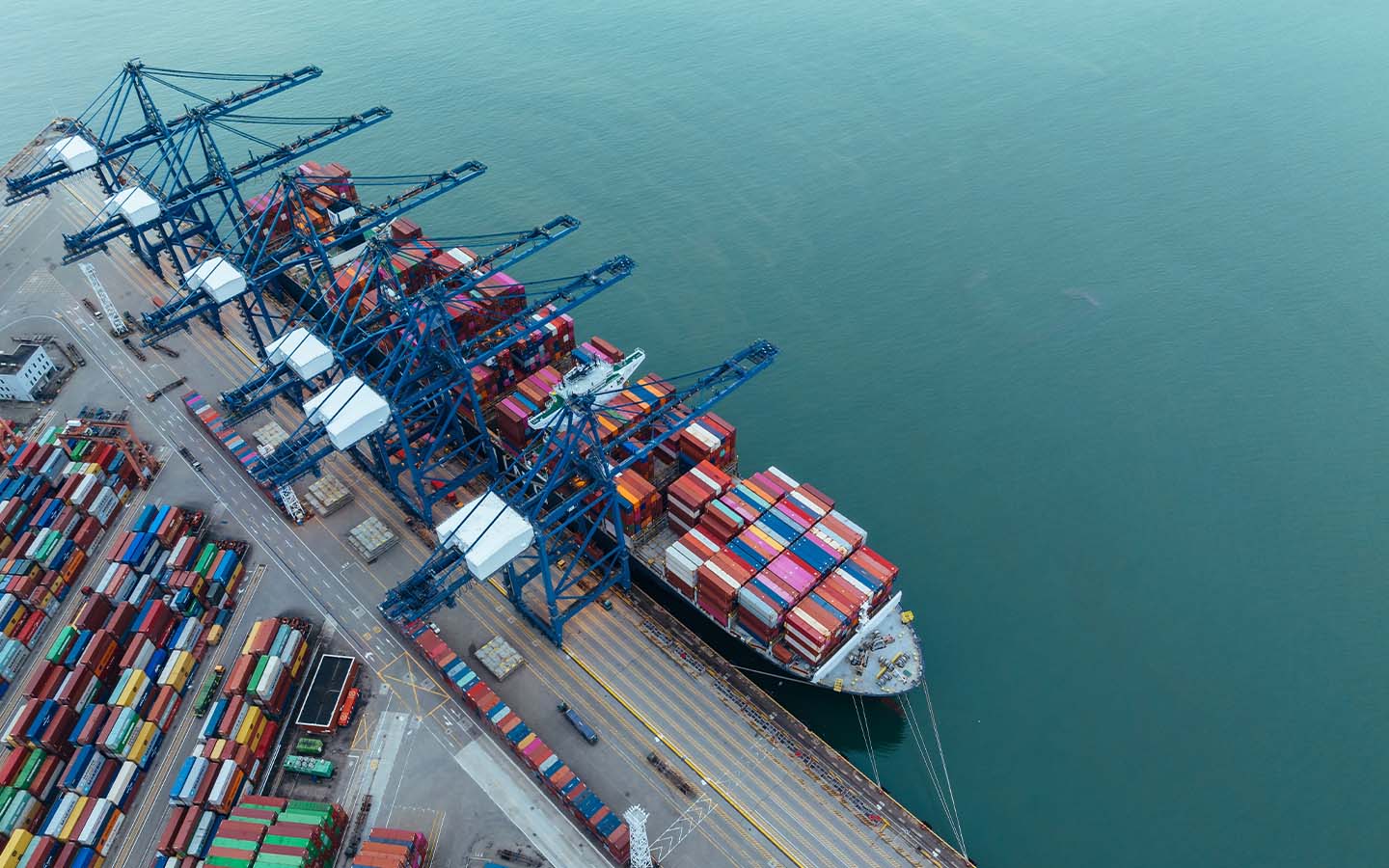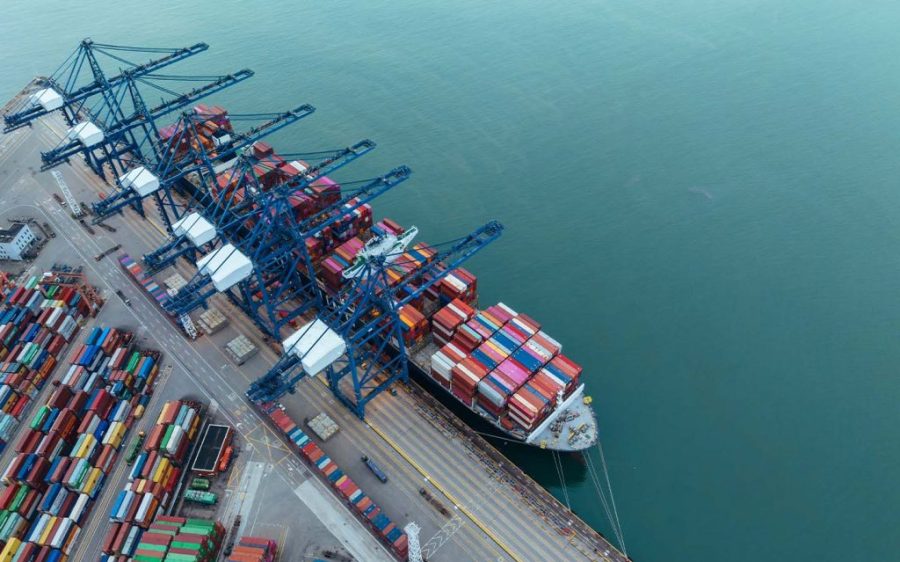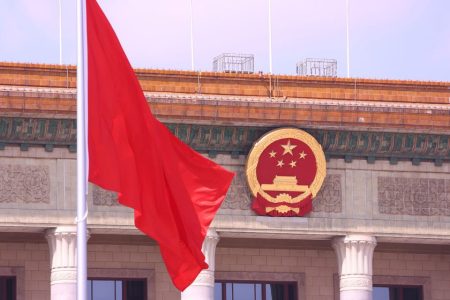China’s government proposed several retaliatory measures against new US tariffs on Chinese goods on Tuesday, multiple media outlets report. The counter strike would be in the form of additional tariffs, export controls and an anti-monopoly investigation into Google.
China’s Ministry of Finance said it would slap additional tariffs of 15 percent on coal and liquefied natural gas imports from the US from 10 February, as well as raise duties on US crude oil, agricultural machinery and certain cars by 10 percent.
The Ministry of Commerce and customs officials, meanwhile, said they planned to impose export controls on technologies related to critical minerals found in China, including tungsten, tellurium, ruthenium, molybdenum and ruthenium.
The country’s market regulator has also put Google on notice for possible sanctions, citing alleged antitrust violations.
[See more: Donald Trump’s inauguration sparks major uncertainty for Sino-US relations]
On Saturday, US President Donald Trump signed an order that saw an additional 10 percent tariff rate enforced on imports from China, coming on top of existing tariffs of up to 25 percent on Chinese goods levied during his first presidency.
According to a fact sheet from the White House, China along with Mexico and Canada – Washington’s biggest trade partners – are complicit in the deadly synthetic opioid crisis facing the US. “President Trump is taking bold action to hold Mexico, Canada, and China accountable to their promises of … stopping poisonous fentanyl and other drugs from flowing into our country,” it read.
Earlier this week, Trump agreed to 30-day pauses on the higher duties to be imposed on Canada and Mexico after the two countries agreed to ramp up their border enforcement. China received no such reprieve.
Julian Evans-Pritchard, head of China economics at Capital Economics, told CNBC that Beijing’s moves “are warnings that China intends to harm US interests if need be but still give China the option to back down.” He acknowledged that the proposed retaliations against the US could be postponed or cancelled before coming into effect next Monday, depending on how things play out.






